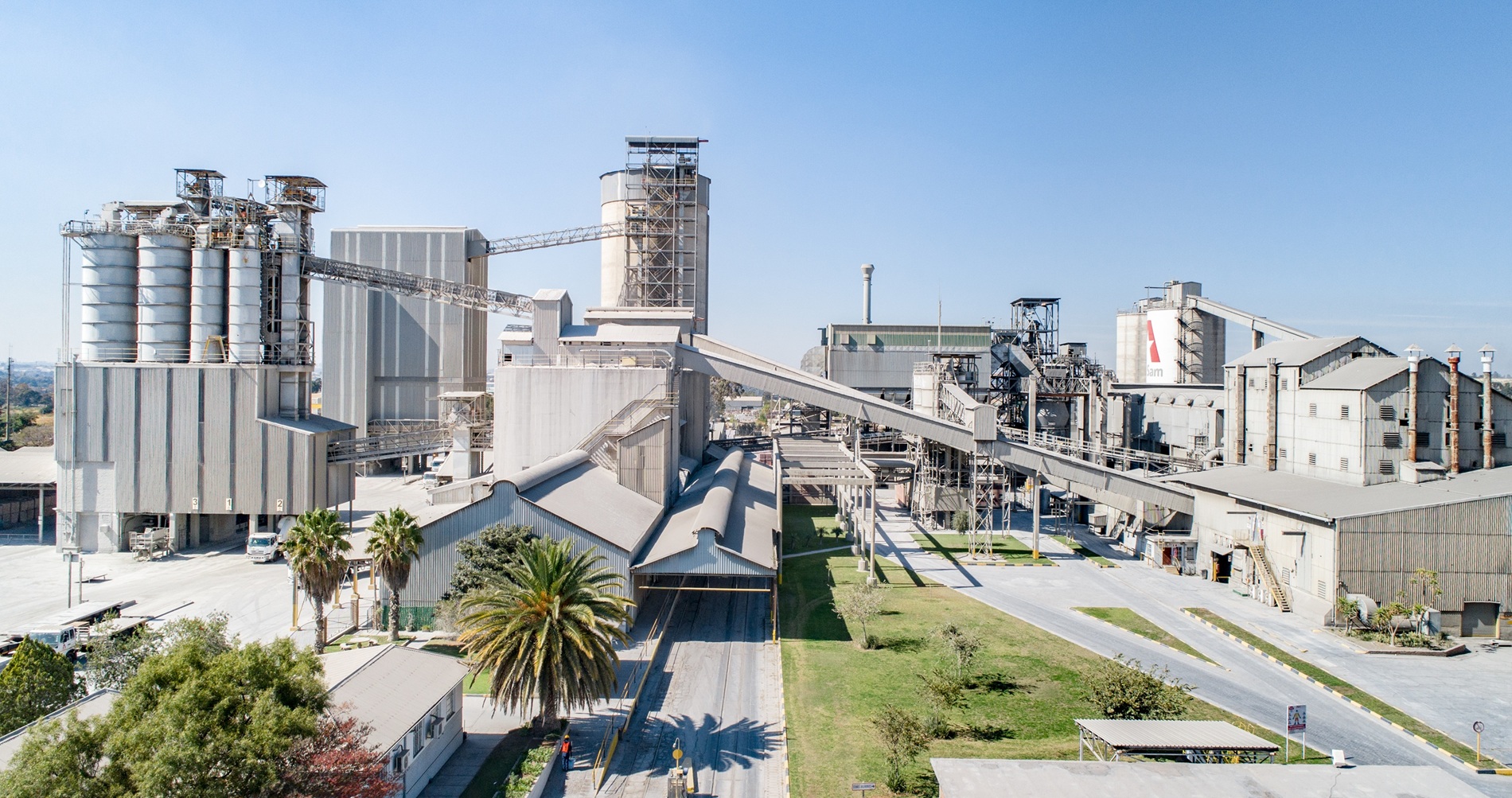In a construction landscape where cost pressures are rising, AfriSam’s Amit Dawneerangen is raising a red flag cautioning contractors that cutting cor
In a construction landscape where cost pressures are rising, AfriSam’s Amit Dawneerangen is raising a red flag cautioning contractors that cutting corners on material quality may appear cost effective in the short term, which compromises the long-term performance and value of infrastructure.
As the executive for sales and product technical at AfriSam, he sees worrying signs of a growing trend across public and private sector projects where the drive to reduce costs is resulting in widespread ‘buying down’ on material quality. “The foundation of any durable and cost-effective infrastructure project lies in the quality of materials used. Cement, aggregates and readymix concrete must meet rigorous standards if structures are to withstand time and usage.
“Quality is the basis for longevity in construction projects yet, there is an increasing appetite for lower quality alternatives that may meet the immediate budget but not the design intent or long-term performance requirements. Infrastructure investment remains one of the most powerful tools for economic growth, with a proven multiplier effect. But the benefits only materialise if the projects built are sustainable – both structurally and financially.”
Dawneerangen points to AfriSam’s own commitment to quality assurance, noting that all its cement products are produced in ISO 9001-certified facilities and conform to SANS 50197 requirements. On road projects especially, material testing is critical. AfriSam applies globally recognised methodologies such as Los Angeles Abrasion, Polished Stone Value and California Bearing Ratio tests. Its quarries produce a range of products from G1 to G7 for layerworks in line with COTO and other relevant specifications and most also supply stone and crushed sand for asphalt production.
Yet despite the availability of tested compliant materials, Dawneerangen is seeing a shift in specifications that opens the door to lesser products. From an aggregate perspective, the traditional ‘blue’ rock – competent material mined from deeper layers – has always been preferred for its high compressive strength. Increasingly, however, this is being blended with overburden or ‘brown’ material, resulting in downgraded specifications. These blends are being embraced as a cheaper alternative even though they may compromise structural integrity.
The practice has also led to a rise in illegal mining operations where unregulated borrow pits offer free-dig material with minimal processing costs. “There is no drilling or blasting required. It is a quick fix for contractors chasing margins. But it undermines legal operators who invest in compliance and quality,” he says.
The same trend is evident in the readymix sector. AfriSam, traditionally known for supplying premium strength concrete upwards of 35 MPa, has seen demand shift below the 30 MPa mark. “The drop in average strength tells its own story. Affordability is driving decisions but at what long term cost?”
Dawneerangen emphasises that using subpar materials often results in hidden costs. Inconsistent properties can lead to rework, premature failure and costly delays. “The right material used in accordance with design specifications eliminates the need for unscheduled corrective work,” he says. “So-called cheap materials can end up being very expensive.”
Working with a reputable supplier is non-negotiable. AfriSam’s vertically integrated offering from quarry to cement plant to readymix site ensures that quality is consistently monitored throughout the value chain. The company’s SANAS 17025-accredited Centre of Product Excellence collaborates closely with customers to tailor solutions to specific applications, backed by in-house labs and quarterly testing.
He also notes the importance of sourcing aggregate from legally registered quarries. Unfortunately, no such structure exists in the readymix industry which has become highly deregulated. This has created space for opportunistic suppliers who under-yield or engage in questionable practices, often undercutting responsible operators on price while delivering poor product quality.
Ultimately the message is clear. South Africa cannot afford to sacrifice infrastructure integrity for short term savings. “Adherence to quality control guarantees successful execution of projects on time and within budget. With the role that infrastructure plays in our country’s future, we must stop seeing quality as optional. It is the smartest investment we can make.”

